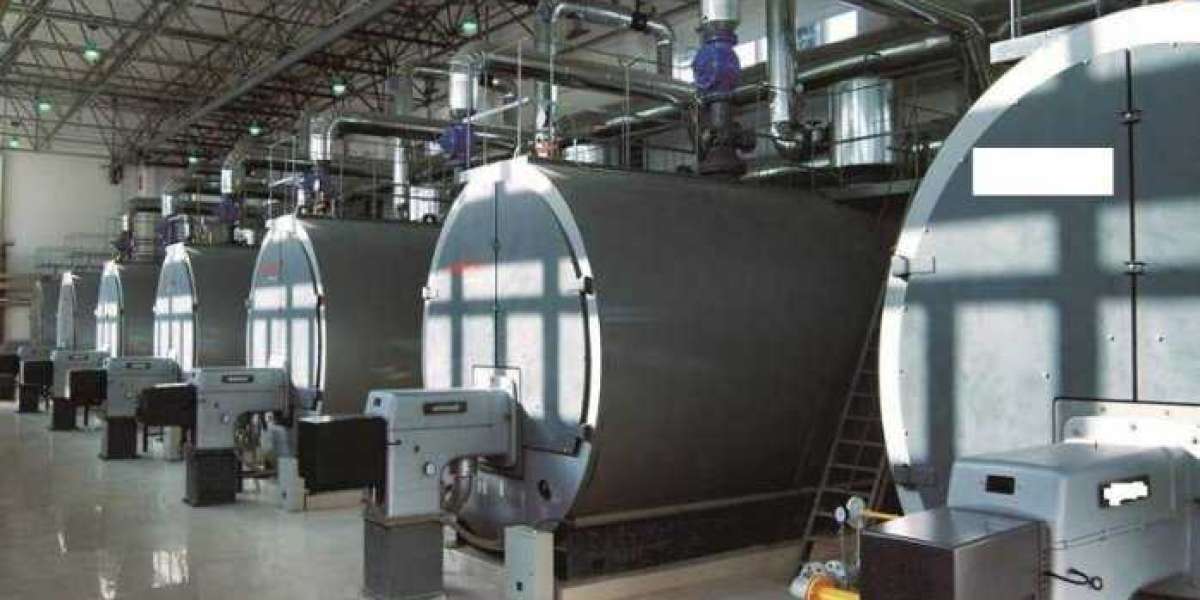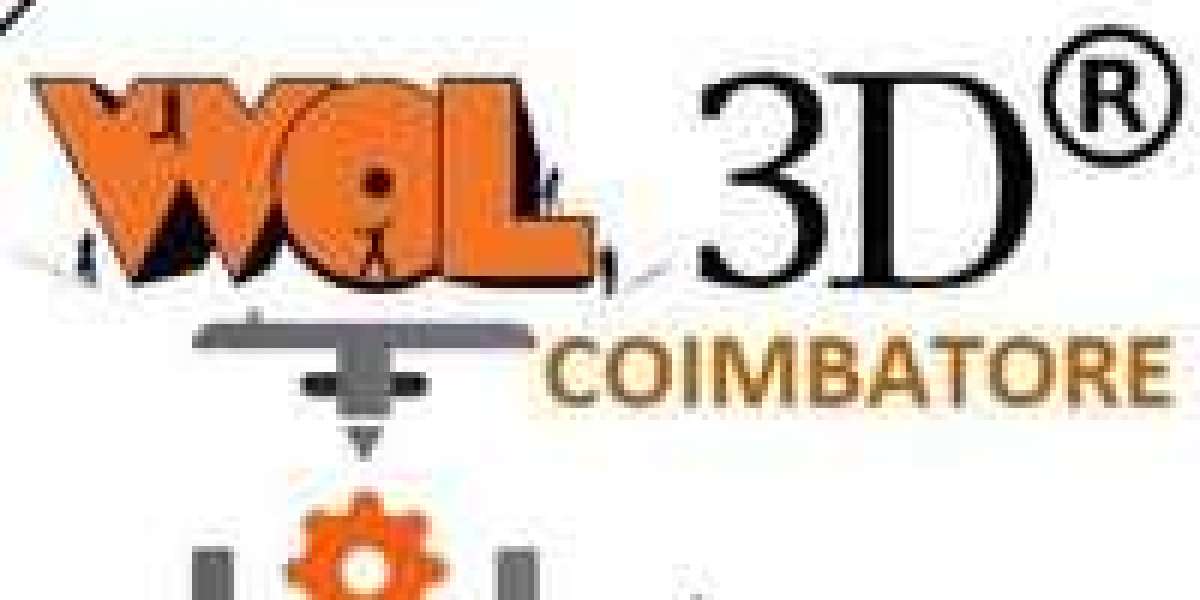In the modern world, where energy conservation and cost savings are paramount, homeowners and businesses alike are continually searching for efficient and economical heating solutions.
One such solution that has gained popularity is the coil boiler.
This article explores the energy efficiency and cost-saving benefits of coil boilers, shedding light on why they are an excellent choice for many applications.
What is a Coil Boiler?
A coil boiler, also known as an indirect water heater, uses a heat exchanger to transfer heat from the boiler to the water.
Unlike traditional water heaters that store a large volume of hot water, coil boilers heat water on demand. This design not only saves space but also reduces energy consumption by heating water only when needed.
How Do Coil Boilers Work?
Coil boilers operate by circulating water through a heat exchanger coil inside the boiler. When there is a demand for hot water, cold water flows through the coil, absorbing heat from the boiler.
The heated water is then supplied to taps or radiators. This on-demand heating process is more efficient than traditional methods, as it eliminates the need to keep a large tank of water continuously hot.
Energy Efficiency of Coil Boilers
On-Demand Heating:
Coil boilers only heat water when there is a demand, which significantly reduces energy waste. Traditional boilers keep a tank of water hot at all times, leading to energy loss even when hot water is not in use.
Reduced Heat Loss:
Since coil boilers do not store hot water, there is minimal heat loss. Traditional water heaters often lose heat through the tank walls, a phenomenon known as standby heat loss. Coil boilers avoid this issue by heating water only as it is needed.
Efficient Heat Transfer:
The heat exchanger in a coil boiler is designed for optimal heat transfer. Modern coil boilers use advanced materials and designs to maximize the efficiency of heat transfer from the boiler to the water.
Cost Savings with Coil Boilers
Lower Energy Bills:
The primary cost-saving benefit of coil boilers comes from their energy efficiency. By heating water on demand and reducing heat loss, homeowners can see a significant reduction in their energy bills.
Reduced Maintenance Costs:
Coil boilers typically have fewer parts than traditional water heaters, which can lead to lower maintenance and repair costs. The absence of a storage tank means there is no risk of tank-related issues such as leaks or sediment build-up.
Longer Lifespan:
Due to their design and fewer components, coil boilers often have a longer lifespan compared to traditional water heaters. This durability translates into savings over time, as the need for replacements or major repairs is reduced.
Environmental Benefits
Lower Carbon Footprint:
By using less energy, coil boilers contribute to a reduction in carbon emissions. This makes them an environmentally friendly choice for heating water.
Compatibility with Renewable Energy Sources:
Coil boilers can be integrated with renewable energy systems, such as solar thermal panels. This compatibility allows for even greater energy savings and environmental benefits.
Applications of Coil Boilers
Coil boilers are versatile and can be used in various settings, including:
Residential Homes: Ideal for homes with limited space, coil boilers provide efficient and cost-effective heating for both water and space heating needs.
Commercial Buildings: Businesses can benefit from the energy efficiency and cost savings of coil boilers, particularly in settings where hot water demand is intermittent.
Industrial Applications: In industries where precise and efficient heating is required, coil boilers offer reliable performance and energy savings.
Choosing the Right Coil Boiler
When selecting a coil boiler, consider the following factors:
Size and Capacity: Ensure the boiler is appropriately sized for your hot water demand. An undersized boiler may not provide adequate hot water, while an oversized boiler can lead to inefficiencies.
Efficiency Ratings: Look for boilers with high-efficiency ratings to maximize energy savings. Modern coil boilers often have energy efficiency ratings of 90% or higher.
Installation and Maintenance: Choose a reputable installer and ensure regular maintenance to keep your coil boiler running efficiently. Proper installation and maintenance are crucial for the longevity and performance of the boiler.
Conclusion
Coil boilers offer a compelling combination of energy efficiency and cost savings, making them an excellent choice for many homeowners and businesses. By heating water on demand and reducing heat loss, these boilers provide a reliable and economical solution for hot water needs.
Additionally, their environmental benefits and compatibility with renewable energy sources further enhance their appeal.
Whether for residential, commercial, or industrial applications, coil boilers are a smart investment for those looking to reduce energy consumption and save on heating costs.








